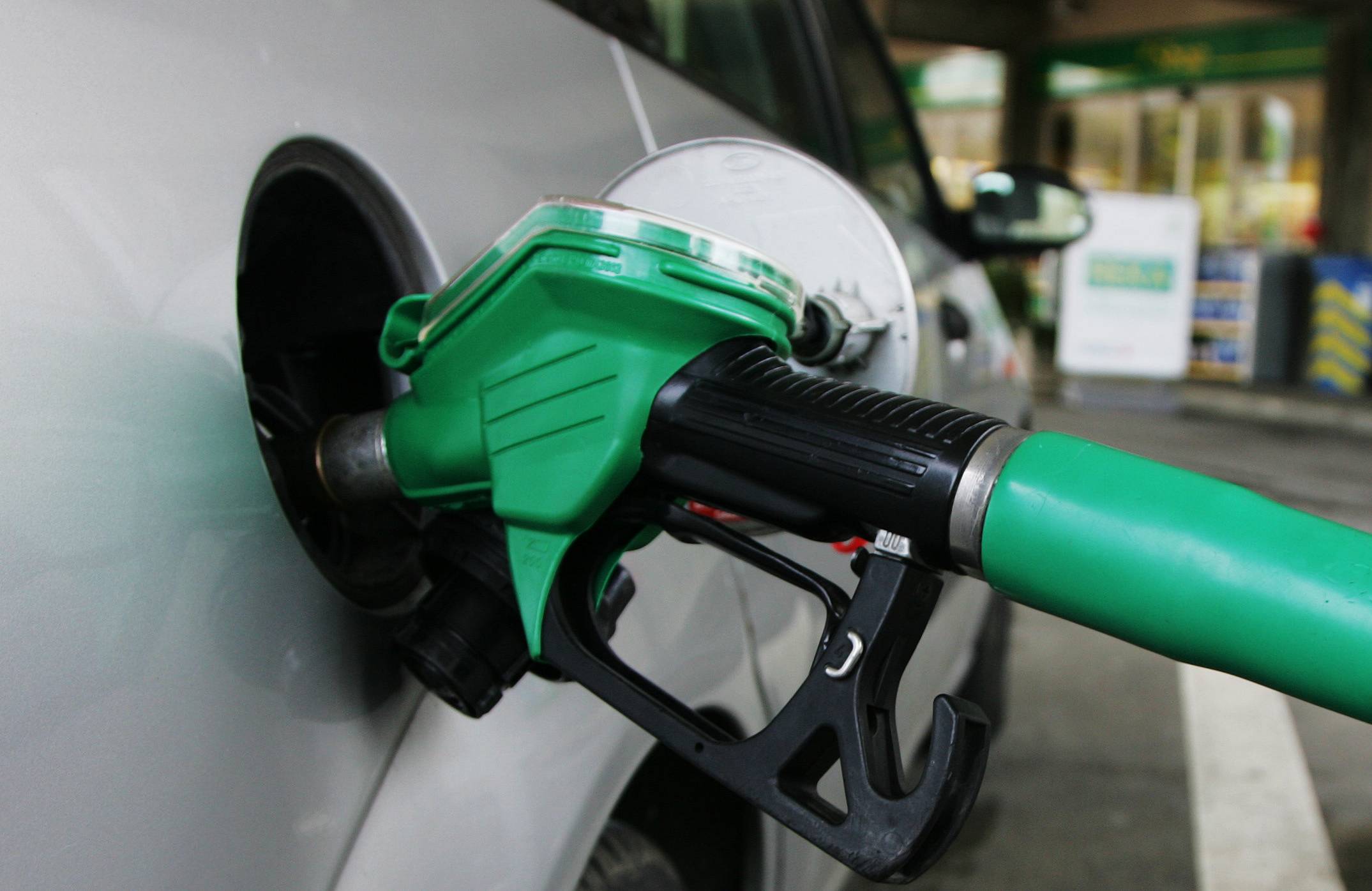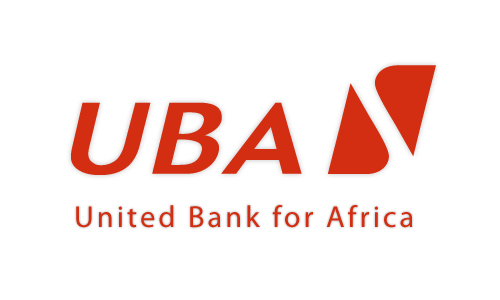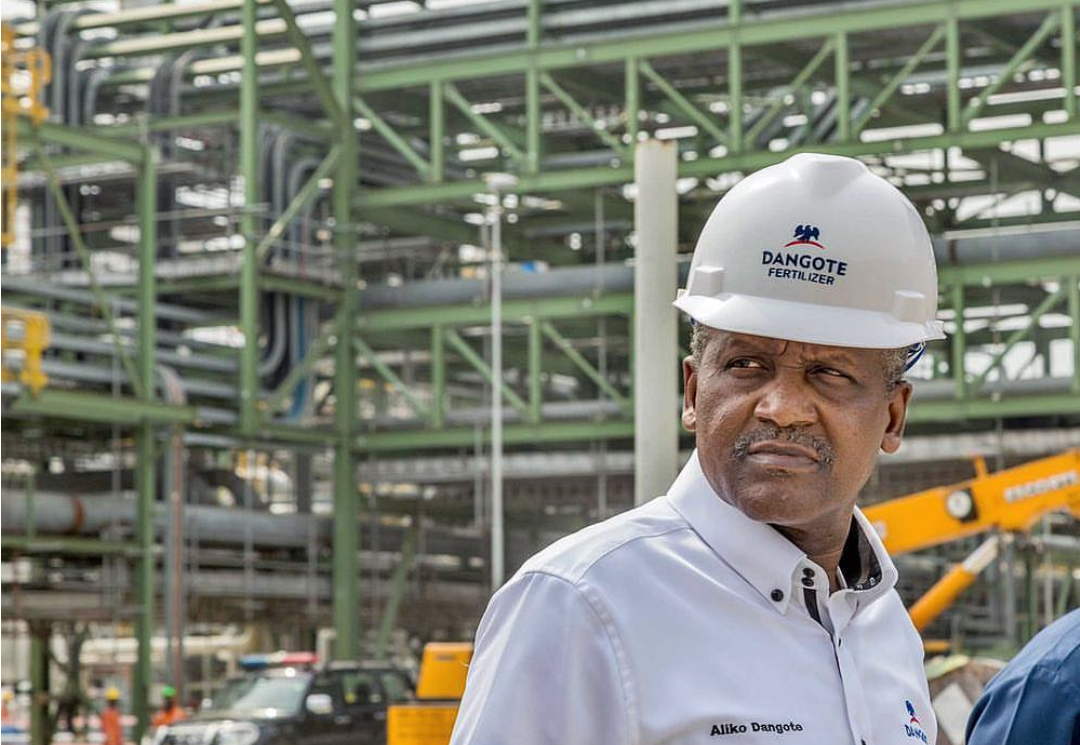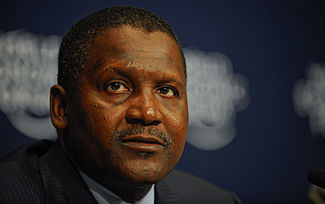By Punch Reporters
The scarcity of Premium Motor Spirit, popularly called petrol, grew worse across the country on Thursday, as massive queues were witnessed in Abuja, Lagos, Port Harcourt, Calabar, Warri, Nasarawa, Minna, among other places.
Oil marketers stated that the scarcity became worse due to the fact that dealers could hardly access the product from the only two depots that were dispensing the commodity in Lagos State as of Thursday.
The few filling stations, particularly those of independent marketers, that dispensed the commodity on Thursday, sold it at between N250/litre and N300/litre, depending on area of purchase.
Oil marketers told our correspondent that over 1,000 tickets, belonging to marketers which had paid for products, remained unattended to, at the few depots that dispense the commodity in Lagos.
It was gathered that the tickets, which were for over 1,000 tankers, had continued to pile up due to the pressure on the two depots, namely MRS and Pinnacle.
It was also gathered that the cost of petrol could have been increased quietly by the Federal Government, as stations that used to sell the approved price of N179 – N180/litre had raised their prices to between N185 – N190/litre.
Scarcity hits Abuja
The scarcity in Abuja was worse on Thursday, as virtually all retail outlets belonging to independent marketers were shut, while only few stations belonging to the Nigerian National Petroleum Company Limited and major marketers dispensed PMS.
But the very few outlets that dispensed products were greeted with massive queues of motorists who spent hours waiting to buy petrol.
Commenting on the issue, the Secretary, Independent Petroleum Marketers Association of Nigeria, Abuja-Suleja, Mohammed Shuaibu, said the concerns in the downstream sector would continue to linger as long as the government remained the sole importer of petrol into Nigeria.
He said, “The Federal Government, through NNPC, is the only one importing this product and it is subsidising it. And they don’t have the facility to store the product.
“Some time ago we complained about this because when they store in private depots, the price is hiked and some of the depots continue to exploit the masses arbitrarily.
“However, as it is now, the government is bringing in products. But the issue now is that virtually all the depots that belong to major marketers in Apapa axis of Lagos are empty. So there is now pressure on MRS and Pinnacle depots where NNPC drop products.”
Shuaibu added, “So, there are over 1,000 tickets of marketers who have paid to have their trucks loaded, but we don’t know what is happening. Today they will tell you that they are upgrading the system, tomorrow you will hear that the system did not capture.”
He said tickets were piling and “you know that it takes much time to transport this product from the South to the North. Some trucks spend one month, especially when they have problems on the road, others spend two to three weeks.”
The IPMAN official called on the Federal Government to do something about this, adding that it must be done fast.
When asked why were other depots in Apapa and in other locations not selling products, Shuaibu stated that pipeline vandalism, depot upgrade and other issues were the reasons.
He said, “Last time we complained that some depots were exploiting us, and the depots argued that the cost of moving products from one end of their facility to another had Increased, as well as other issues. So we can’t tell whether that is another reason why NNPC stopped supplying some of these depots.
“Things were not worse like this before. As I’m talking to you now, some of our tickets have been there for close to a month. I did payment since but I can’t load. And the story is the same across their 21 depots. We can’t load.”
Meanwhile, Shuabu stated that unconfirmed information on the official pump price of PMS that filtered in on Thursday evening was that the government had quietly raised the cost of petrol.
“I cannot confirm it yet, but we are hearing that they have quietly increased the pump price of petrol, because major marketers in Lagos who used to sell at N179 – N180/litre, are now selling at N185 – N190/litre,” he stated.
Also speaking on the issue, the Public Relations Officer, IPMAN, Chief Ukadike Chinedu, said another reason for the scarcity was the changes being done by NNPC in terms of payment for products by marketers.
He said, “NNPC has moved independent marketers from PPMC Marketers Express to the NNPC Retail portal. That NNPC Retail portal is where marketers will be able to buy their products. However, they told us that the portal is in place now.
“Another concern is that they (NNPC) are also having an issue with the remittance, which, according to them, has been resolved. But the impact of these issues will definitely be felt and it will take some time to clear.
“Marketers are calling on NNPC to supply products to some of the depots where independent marketers can access them since most NNPC depots are not functional because of pipeline vandalism.”




























